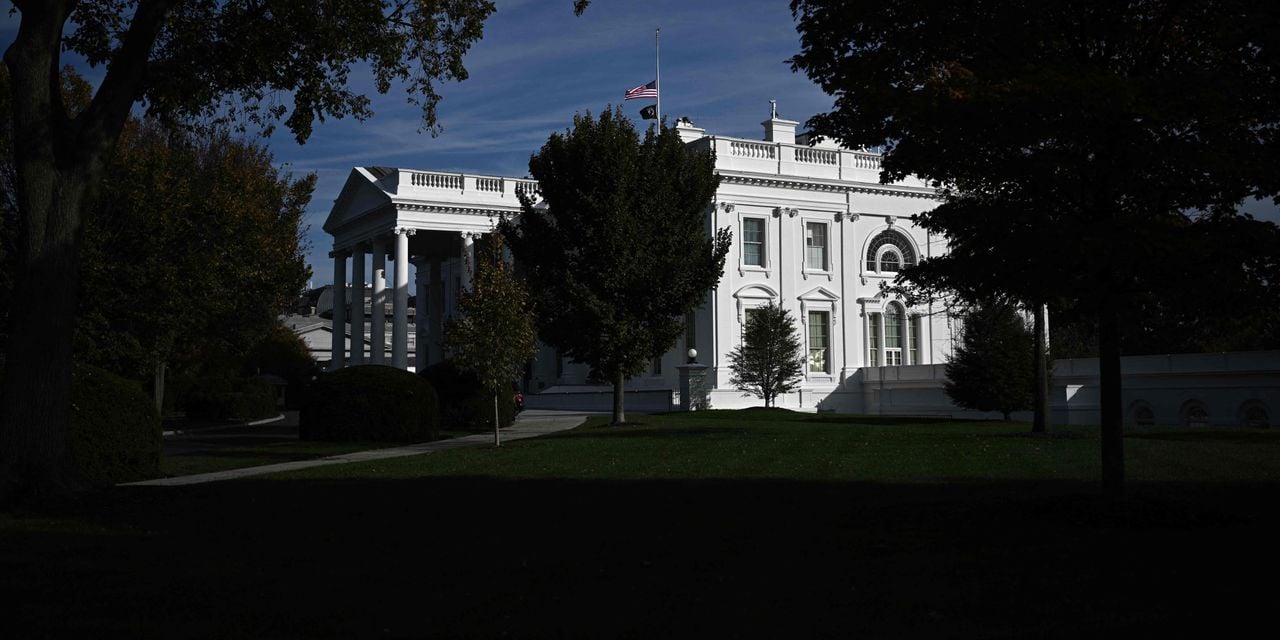The White House kicked off a multiagency push on Friday to help finance real-estate developers convert more office buildings in big cities emptied by the pandemic into affordable housing, taking aim at the nation’s housing crisis.
The initiative looks to harness an existing $35 billion in low-cost loans already available through the Transportation Department to fund housing developments near transit hubs, folding it into the Biden administration’s clean energy push.
It also opens up additional funding sources and tax incentives, offering a new guidebook to 20 different federal programs that can be tapped by developers and offers technical assistance in what can end up being tricky and expensive conversions.
A third peg of the program will see the federal government draw up a public list of buildings it owns that could be made available for sale to help bolster development.



This is great news. It’s glad that the government is helping with something that everyone agrees should happen. Take these empty businesses and make them homes. It’s about time and I’m glad it’s happening
It’s awful news.
It would be great news if the housing was owned by the public.
This is just funneling public money to private businesses so the private businesses can continue to profit off the public.
$45 billion so landlords can charge people rent. Great. So they get the handout for free, and the rent for free. Just free money all around, lol.
But taxpayers and tenants will be paying.
I can’t see how it would be owned by the public. ~80% of this is loan money offered so it does have to be paid back with interest. The properties in question would all be owned by private companies who were using them as office space. So your suggestion means the government would have to purchase all of the property. Costing them 100%. This way they likely spend 15% (assuming a 5% interest made on those loans) and get the incentive going. Add in the fact that you then need to maintain run and rebuild all the housing directly from the public funds after that and you will never get everything situated/passed in our current government. The government gets what it wants. The private companies get what they wanted. The people get more work from home jobs, less traffic, and lowered emissions with the possibility of housing prices not rising as fast do to supply is being increased. (Doubt)
Overall it isn’t the worst use of our taxes
It’s good to convert them, but I really can’t see why this needs government funding.
Incentives tend to make things happen, especially when they would be unlikely to happen without incentives. They often work in “kickstarting” or “bootstrapping” a new market that then continues without incentives.
An excellent example is solar panel incentives. In the early adoption days, these allowed people to afford expensive solar panels, which helped solar panels manufacturing develop into a mature buisnesses that iterated and improved on solar panel design to the point where they are inexpensive enough to no longer need as many or any incentives, which have started to go away. Meanwhile, solar panel manufacturung and install are huge new industries with massive growth that help solve many issues with our nation, including climate change, energy independence, power grid resilience, on and on.
Incentives that turn office building into housing will help solve homelessness, strength worker rights with work for home policies, revitalize downtown buisnesses and neighborhoods, amdreduce emissions/traffic from less people driving. Lots of wins there that clearly are excellent things to incentive.
Solar needed to develop. R&D.
We already know how to do conversions. It’s really easy. This is not a market that needs public incentives or public financial lubrication.
90% of the comments in this thread are about how difficult and expensive it is to do, which is a large part of what would be incentived.
Are you saying we already have innovative methods that reduce the cost of this process 100x, like we developed with solar?
Yes it’s a lot of work. No it doesn’t need government funding.
You are combining many things that are separate. Many things are expensive, that does not mean it needs government funding or incentive.
This is straight forward work. It’s not like we don’t know how to do it. It’s very straightforward electrical, HVAC, plumbing, interior walls work that we do all the time. All the time. So very often. Everywhere. Like every building you’ve been in. Expensive does not mean that it’s not straightforward. It’s just a lot of work. You’re hoping for some Deus ex machina solution that does not exist.
Except for the top comment already conflating this with “company store” style debt slavery.